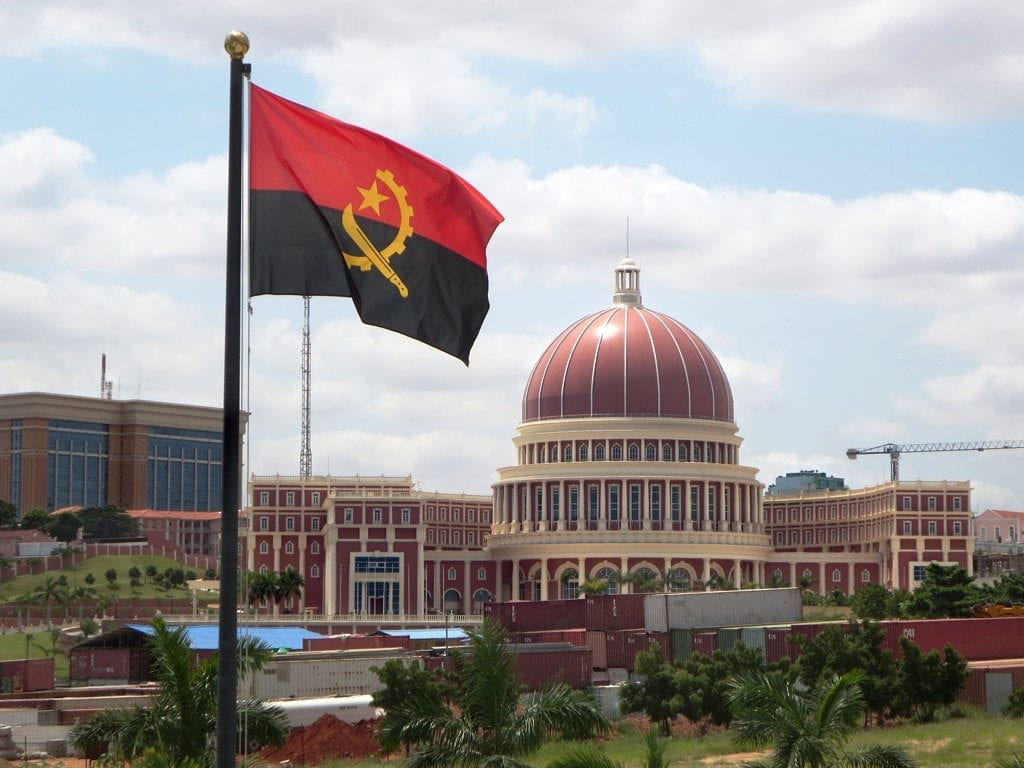According to Freedom House’s Freedom in the World Report, 2018 was the 13th year in a row showing an overall decline in global freedom and democracy. Despite this, Angola, who is classified as ‘Not Free’, increased by 5 points from 2017, making them the country with the 4th largest one-year gain in 2018. Alongside this, Angola was deemed by Transparency International in this year’s Corruption Perceptions Index as a country to watch in Sub-Saharan Africa due to their continued positive progression since 2015.
Over the past one and a half years, Angola has undergone a dramatic change, highlighted by their recent increases in global democracy and corruption measuring indices. In 2017, after 38 years in power, the Angolan president, José Eduardo dos Santos, stepped down from power before elections. Dos Santos’ party successor, João Lourenço, won the elections and took over as President in September 2017. Since coming into power, Lourenço has initiated a number of unprecedented reforms and cracked down on corruption in the country. Over 2018, these reforms have been accompanied by an increasing openness in Angolan society surrounding democracy, governance and human rights. The media, especially, has enjoyed increased freedom and openness to report on sensitive issues such as corruption and human rights. This can most notably be demonstrated by President Lourenço’s meeting with, long-time critic of the government and journalist, Rafael Marques de Morais in December 2018.[1]
Lourenço’s reforms have been widespread, ranging from boosting investment in the oil sector, promoting diversification in the economy, to firing government officials for corruption, including the former president’s daughter and son. Furthermore, in 2018, the Angolan government launched their first ever national strategy for human rights. The National Human Rights Strategy is a guiding document that aims to frame the actions of the Government of Angola in the human rights field. The strategy recognises and acknowledges the main challenges and constraints of human rights in Angola, noting the widespread lack of knowledge on human rights norms and related legislation by the general population. Furthermore, it takes on board the lack of realisation of human rights related to health, education, access to land and housing, freedom of assembly and expression, and freedom of the press, whilst proposing a mid-term strategy for improving the human rights situation in Angola. The main objectives highlighted include the promotion of human rights education, increased dialogue between government and civil society, promotion of freedom of expression, association and the press, and the promotion of gender equality.
Despite these positive actions, Angola remains a country marred by widespread corruption (Angola scored 19 out of 100 in the 2018 CPI) and is still classified as ‘Not Free’ on the Freedom in the World report. Inequality is high, the mean income per person is $3,110 despite almost two thirds of the population living on less than $3.10 a day and child and maternal mortality rates are among the world’s highest. Angola still has a long way to go, but the recent positive progress they have made should not be ignored, especially when global trends are showing a decline in democracy and freedom in most other places. Looking forward to 2019, Angola is due to conduct their third cycle of the Universal Periodic Review (UPR). The UPR Review is a state-driven process under the UN Human Rights Council that takes place every four years, providing states with the opportunity to declare what actions they have taken to improve the human rights situations in their countries and what they plan to do in the next four years. The UPR in 2019 will provide an opportunity for both the government and civil society to voice their opinions and/or concerns on the human rights situation in Angola and formulate a plan for the next four years, in line with the new national human rights strategy.
When discussing Sub-Saharan Africa as a region, the Freedom in the World report highlights both Angola and Ethiopia for the reforms their new Presidents have committed to, stating that “if the new administrations are able to dismantle the repressive legal and political frameworks they inherited, they may serve as important models for their neighbors and significantly improve the democratic trajectory of the continent as a whole”. As a further example, on January 23rd 2019, Angola became the 23rd country in Africa to decriminalise homosexuality and outlaw discrimination against someone on the grounds of their sexual identity and/or orientation. Angola are certainly beginning the year with a very positive step forward.
[1] Rafael Marques de Morais is an Angolan journalist, political activist, and head of the anti-corruption watchdog Maka Angola. He is a major critic of the Angolan government and has previously been arrested and charged with defamation for articles he has written regarding the Angolan government under President José Eduardo dos Santos.
Author: Hannah Hills
Democratic progress during a global decline
